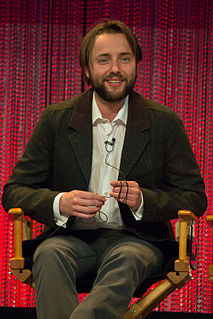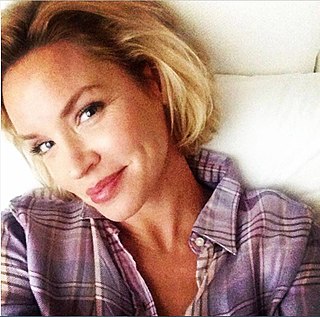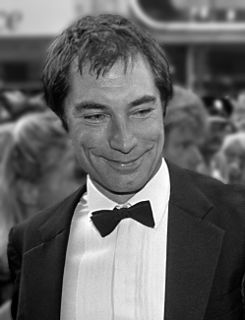A Quote by Vincent Kartheiser
It's easier to do Shakespeare than Spelling, and I know that sounds crazy, because the challenge of Shakespeare is living up to Shakespeare, living up to that word, not failing, you know, where with Aaron Spelling it's like, just try to look good. Or maybe don't use Spelling there, that's bad. No - you can. He's dead.
Related Quotes
Spelling bees? Spelling bees do not scare me. I competed in the National Spelling Bee twice, thank you very much. My dad competed in the National Spelling Bee. My aunt competed in the National Spelling Bee. My uncle WON the National Spelling Bee. If I can't spell it, I know someone who can. So just bring it on.
As I have said before, I never had any large respect for good spelling. That is my feeling yet. Before the spelling-book came with its arbitrary forms, men unconsciously revealed shades of their characters, and also added enlightening shades of expression to what they wrote by their spelling, and so it is possible that the spelling-book has been a doubtful benevolence to us.
All the unimaginative assholes in the world who imagine that Shakespeare couldn't have written Shakespeare because it was impossible from what we know about Shakespeare of Stratford that such a man would have had the experience to imagine such things - well, this denies the very thing that separates Shakespeare from almost every other writer in the world: an imagination that is untouchable and nonstop.
Here was a woman about the year 1800 writing without hate, without bitterness, without fear, without protest, without preaching. That was how Shakespeare wrote, I thought, looking at Antony and Cleopatra; and when people compare Shakespeare and Jane Austen, they may mean that the minds of both had consumed all impediments; and for that reason we do not know Jane Austen and we do not know Shakespeare, and for that reason Jane Austen pervades every word that she wrote, and so does Shakespeare.
Shakespeare's always been sitting on my back, since I began reading. And, certainly, as a writer, he's who I hear all the time. And he's almost indistinguishable now from the English language. I have no sense of what Shakespeare is like. I have no sense of the personality that is Shakespeare. I think, alone among writers, I don't know who he is.
I had been in a Shakespeare company for three years and done a lot of Shakespeare. That was fun. That was interesting. It was a lot of work - anything other than Shakespeare was less work. I had a lot of interesting roles, but I don't point to them and say, "That was more interesting than that," because I don't know what the criteria are.




































